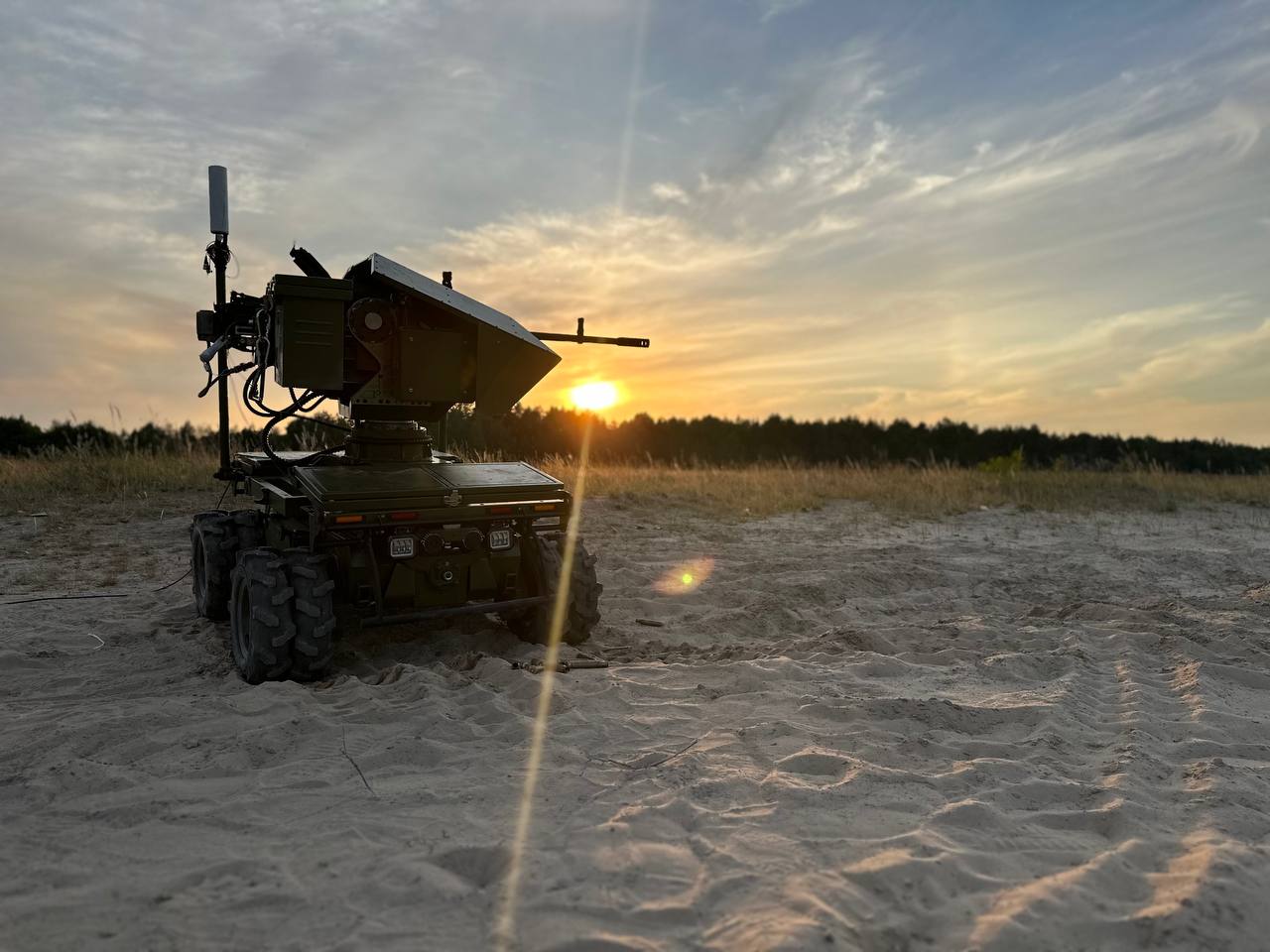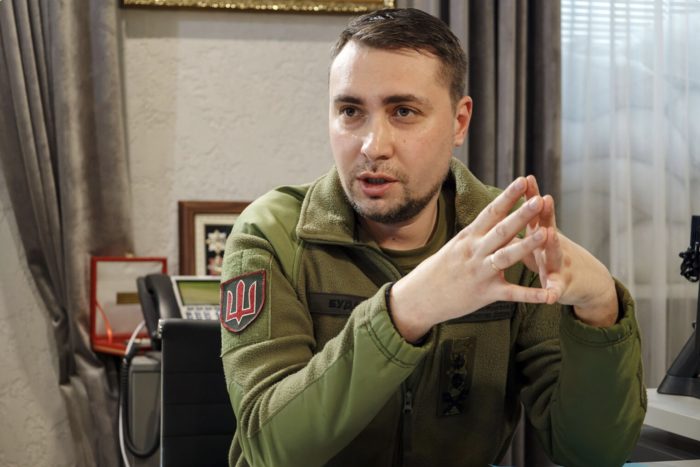Radio Free Europe/Radio Liberty explored the role of AI in the Ukraine war by analyzing views from several experts. Euromaidan Press summarized them for you.
Ukrainian AI outperforms US and China
The pace of AI development in Ukraine is more impressive than in the US and China, claims Benjamin Jensen, a senior fellow at the Center for Strategic and International Studies' Future of Warfare Initiative.
"Ukraine is doing it because they're building it from the bottom up, and it's antifragile … it's small, it's scalable, it works, and they know what to do it. We're trying to do it very Pentagonese from the top down, which means we're going to spend tens of billions of dollars for a couple of high-profile failures versus spending," Jensen explained to Fox News.
The US media explains to Americans that programmers and engineers are involved in AI applications in Ukraine. Many drones are made in "kitchens," and then successful practices are launched into mass production rather than imposed by authorities.
In the war, Ukraine leverages Western AI developments for diverse tasks - collecting evidence of war crimes and locating suspected war criminals; controlling drones and targeting; detecting Russian disinformation and propaganda; demining; and reconstruction planning.
However, the US also plans to unveil a new modernization doctrine in the long term, said former Joint Chiefs Chairman Gen. Mark Milley.
"A third of the armed forces will be robotized," Milley told Voice of America, noting increased use of AI and quantum computing.
He believes AI will be pivotal in shaping future wars.
Ukraine still relies on US
Yet Ukraine still needs US AI capabilities: James Hess, a professor at the American State University System's School of Security and Global Studies, argues Ukraine requires America's vast data processing abilities to understand the battlefield fully.
"To understand the battlefield environment is time-consuming and its complex, and that's, of course, why it's so important because the amount of data is overwhelming," Hess explained to Fox News.
The Times depicted Ukraine's shock at US company Clearview AI's facial recognition skills - how, with just one photo of a Russian soldier, it revealed his name, hometown, and social media profiles, even with grainy or partially obscured images.
Clearview has become the Ukrainian government’s “secret weapon,” told the Times Ukraine's Deputy Minister of Internal Affairs Leonid Tymchenko. More than 1,500 officials across 18 Ukrainian government agencies are using the facial recognition tool, which has helped them identify more than 230,000 Russian soldiers and officials who have participated in the military invasion.
Clearview provides its tools to Ukraine free of charge.
Warnings for Ukraine
Clearview AI faces accusations of illegally gathering data and selling access. Human rights groups caution that Ukraine may find it difficult to restrain Clearview's use after the war ends. This could enable mass surveillance or other abuses that even jeopardize Ukraine's EU aspirations. Several European states have ruled some Clearview actions unlawful, levying heavy fines and banning its collection of facial data on their citizens.
However, Ukraine's professed commitment to democracy and the rule of law provides reasonable hope that Clearview's application will face oversight.
Russia's "cyber-gulag"
In contrast, the Kremlin's control of Russian citizens has already been labeled a "cyber-gulag" in American media.
"Russia under President Vladimir Putin has harnessed digital technology to track, censor and control the population, building what some call a "cyber gulag" — a dark reference to the labor camps that held political prisoners in Soviet times," wrote the Associated Press.
Moreover, to crack down on opponents, the Kremlin wields American-made technologies, Reuters concluded after analyzing over 2,000 court cases.
To sum up, Ukraine deserves access to advanced AI systems, which could be key to its wartime victory. However, Ukraine must restrict its use post-conflict to prevent mass surveillance or privacy violations that would mimic Russia's repressive "cyber-gulag" - undermining the human rights and freedoms Ukraine stands for.
Read more:
- Hear and destroy: Ukrainian artificial intelligence project Zvook helps shoot down Russian missiles
- Ukraine seeks to expand battlefield tech with AI integration
- Five Ukrainian defense tech startups taking on Russia's brute force





